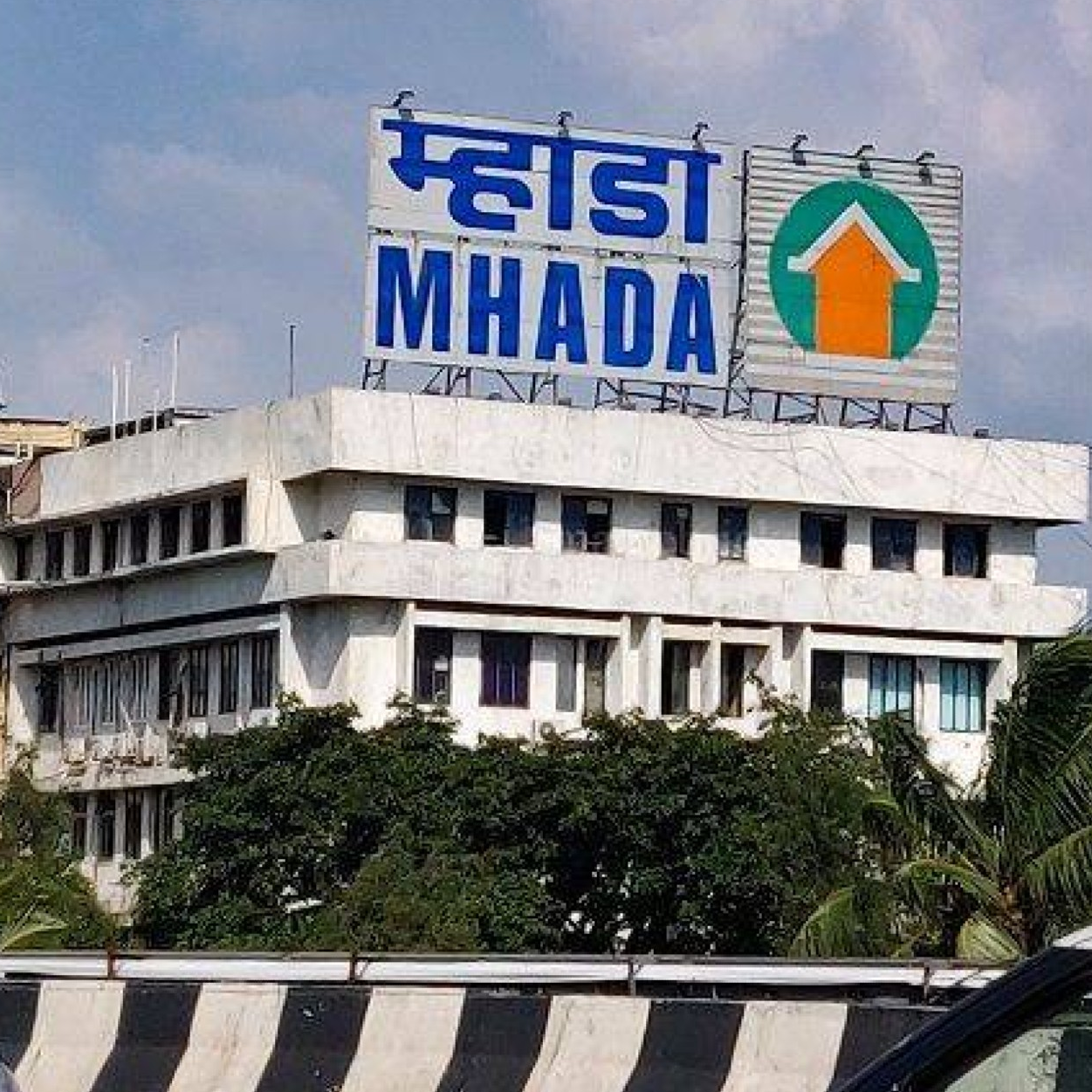
From Planning to Action: MHADA’s 100-Day Push for Delivery and Reform
A 100-day plan might sound like just another bureaucratic checklist. But step inside MHADA today, and you’ll see something else entirely: a system quietly shifting gears, a leadership tightening timelines, and a housing authority making urgency its new normal.
At the heart of this acceleration is IAS officer Sanjeev Jaiswal, Vice President and CEO of MHADA — a man not focused on announcements, but on implementation.
And implementation, as it turns out, is exactly what Mumbai needs.
From Deadlines to Deliverables
The tone was clear during the recent review of MHADA’s 100-Day Action Plan. Mr. Jaiswal wasn’t reviewing numbers — he was chasing outcomes.
Department by department, he demanded updates on timelines, delivery, and public-facing services. The directive was simple: make MHADA work for citizens — faster, cleaner, and with zero delay.
Procedural fog? Not acceptable.
Pending complaints? Not tolerated.
New projects? Move them from paper to ground.
Fixing the Front Door First
To make citizen services truly accessible, MHADA is setting up a Citizen Facilitation Centre at its headquarters — designed to cut down wait times, remove confusion, and bring human support back into the government building experience.
Alongside it, systems for visitor access and internal coordination are being modernized — because efficient service begins with organized systems.
Digital Isn’t Optional Anymore
Mr. Jaiswal also reviewed ongoing upgrades to MHADA’s digital platforms. From a smarter website to a real-time Chatbot, the goal is to make sure no citizen has to wait in line for basic information.
Digital, in this plan, doesn’t mean flashy. It means functional.
Accountability Isn’t Abstract
Public trust can’t be restored unless grievances are addressed — fast. During the review, Mr. Jaiswal paid special attention to complaints raised during Lokshahi Din.
While most were resolved, six remained open — and he made it clear that those must be addressed without further delay.
No bureaucracy. No excuses. Just results.
Every Department, Under the Scanner
The review also included updates on:
- Master List distribution
- A new MIS system for lease renewals
- Land acquisition progress in Dadar, Mahim, and Prabhadevi
- Status of legal action and administrative work under Sections 91A and 79A/B
Each one wasn’t just discussed — it was timestamped for action.
Housing Projects: From Legacy to Momentum
MHADA’s biggest challenge — and biggest opportunity — lies in its redevelopment projects. In the meeting, progress was tracked across:
- Abhyudaya Nagar, Gandhinagar, Aaram Nagar, Patra Chawl, and the BDD Chawls
- Housing projects for police colonies
- New tenders to be initiated in Bandra Reclamation, Adarsh Nagar, and Worli colonies
These aren’t just housing zones. They’re symbols of stalled hope — now being revived.
A Quiet but Critical Relief
One announcement that stood out: a financial relief for tenants of old cessed buildings.
Eligible residents listed in MHADA’s Master List will now pay only 100% of the Ready Reckoner Rate (instead of 110%) for additional constructed area — a move applied retrospectively to December 2023 lottery beneficiaries.
In a city where every square foot costs a fortune, this change is more than a number — it’s a sign of fairness.
Janata Darbar: When the System Listens
As part of the action plan, a Janata Darbar was held to hear 72 public complaints — from water pressure issues and encroachments to tax defaults by developers and unauthorized hoardings.
Mr. Jaiswal’s instructions were sharp: resolve all pending matters within seven days.
Because listening means nothing if action doesn’t follow.
Conclusion: Less Optics, More Outcomes
This isn’t a story about what MHADA plans to do. It’s a story about what it’s already doing differently — and faster.
And under Mr. Jaiswal’s leadership, the goal isn’t applause.
It’s a city where citizens don’t have to chase the system — because the system is finally chasing outcomes.



